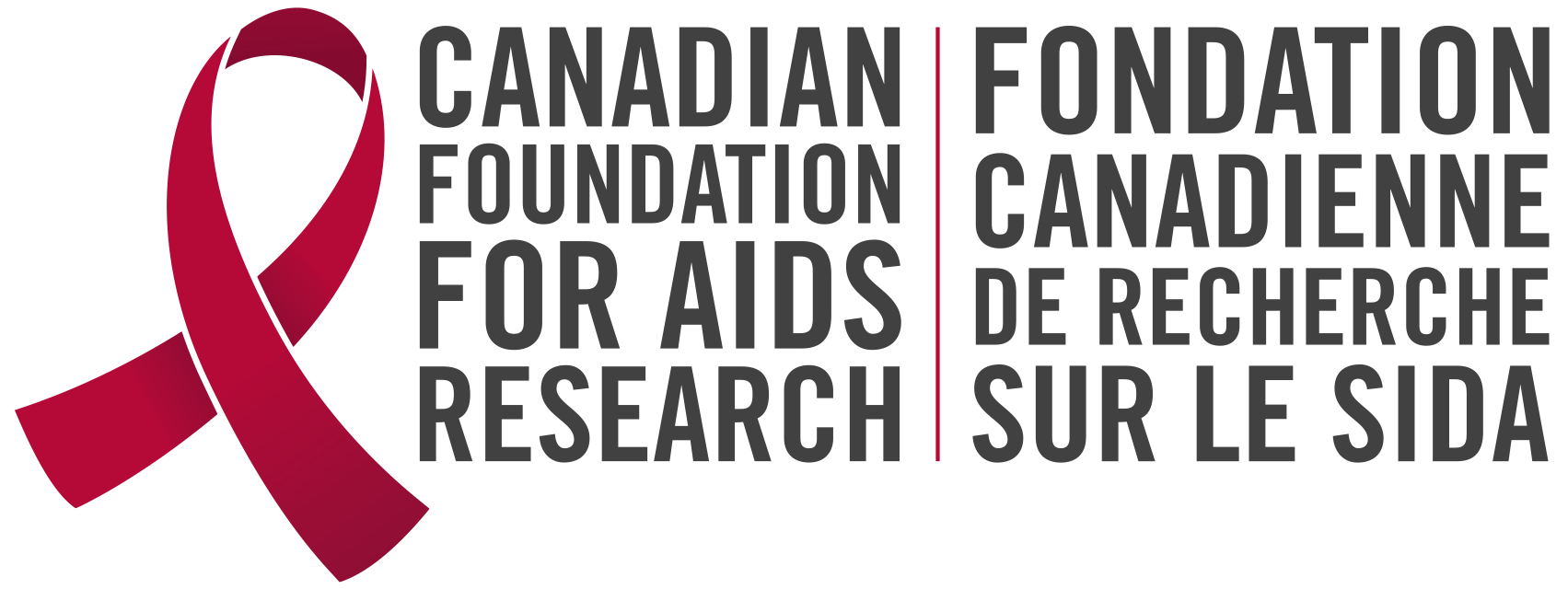We spoke to Jessy Dame, Director of the 2-Spirit Program at the Community Based Research Centre (CBRC) about how Indigenous communities are leading the response to their sexual health.
Jessy Dame, R.N., wants allies to know that Indigenous people are taking back space and have the right to self-determine their own sexual health needs in ways that are culturally grounded and led by their communities. Indigenous-led responses to HIV, like the CBRC’s sexual health Medicine Bundle, are based upon what each community decides it requires to support their unique physical, emotional and spiritual health needs.
Here are five key takeaways from our conversation with Jessy…
“In regards to the HIV epidemic, Indigenous communities are taking back control and challenging stigma and shame. We are mobilizing and taking back the space to fight HIV stigma and create a space where folks can access all sexual health care without shame.”
“Community is the one to determine what is needed. And that usually can look like the inclusion of mental, spiritual, emotional, and physical health. [We are] challenging that historic narrative that physical health is top priority. We know better now – it must include emotional, spiritual, and mental health.”
“In order to challenge racism in health care, we need to look to the cultural approaches. We need to look to community and have further dialogue of how we can adapt our systems. I don’t think we have the answer yet. We don’t have the answer for the best care. But the answer is in community.”
“An important element to continue to challenge systemic racism is education, as well as the incorporation of traditional medicines and knowledge so that all of us, whether you’re Indigenous or not, understand the value of community and the value of traditional medicines and the value of sacred teachings.”
“For me, the biggest difference between my experience as a nurse in our Western health care system versus as a nurse in community is that focus on relationality – is how we’re all here as human beings, just trying to connect. And this historic view of needing to be professional and dealing with our patients in a sterile professional way is different in community, because the prioritization is connecting to each other, getting to know each other on that personal level.”
